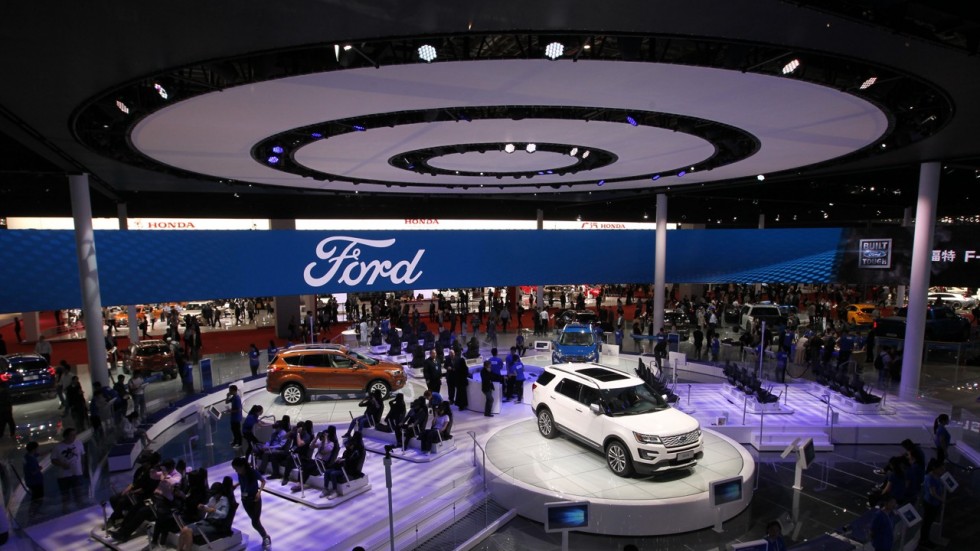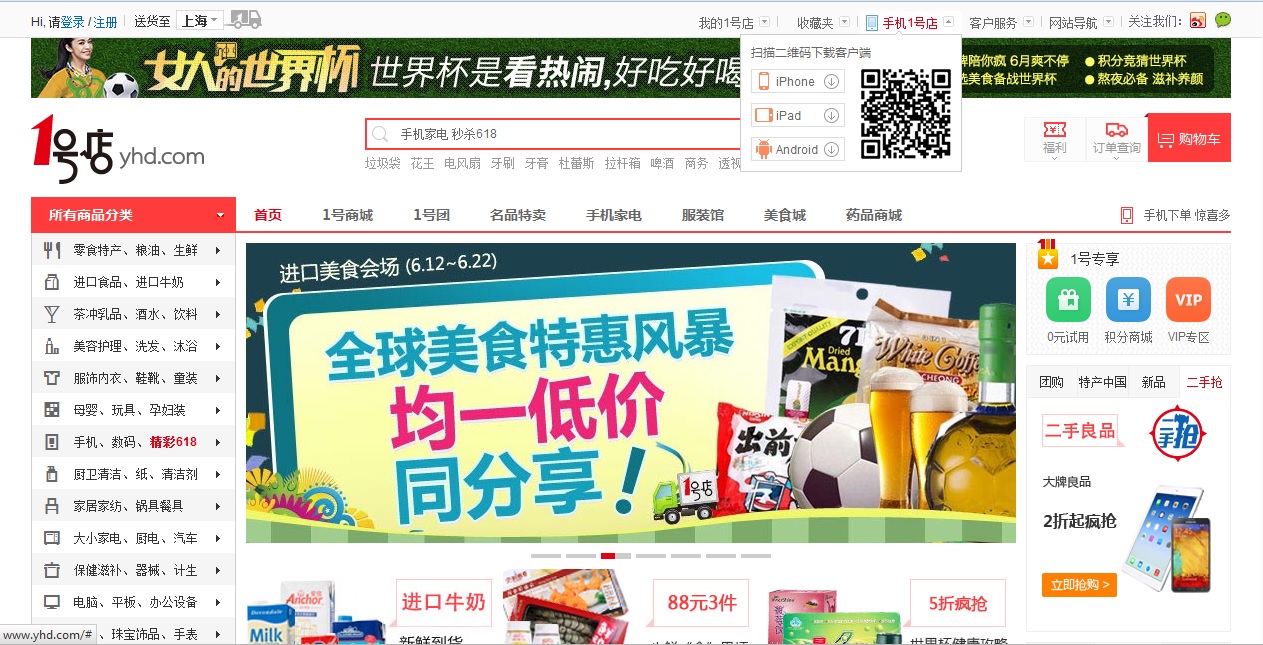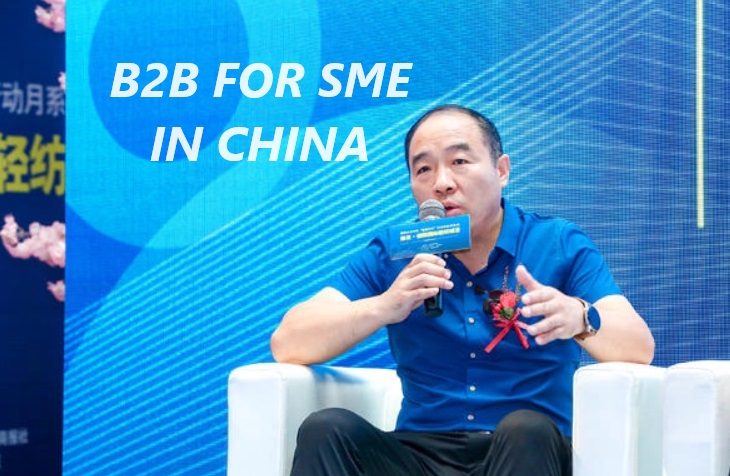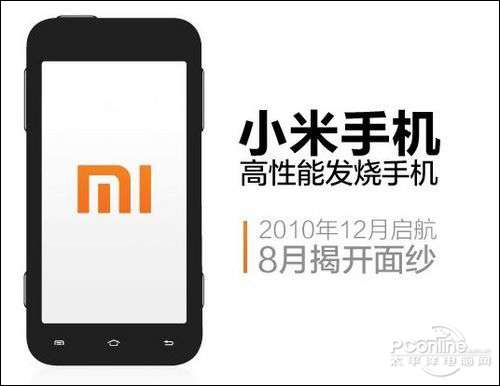Ford Motor Corporation and Alibaba Team sign Letter of Intent to jointly take a look at areas of cooperation in connectivity, cloud computing, synthetic intelligence, mobility solutions and electronic promoting.
- Settlement aims to discover new methods to redefine how individuals purchase and possess vehicles,
likewise as tips on how to leverage digital channels to discover new retail chances. - Letter of Intent underpins Ford’s vision to get a reliable mobility business by embracing new
electronic systems and platforms which can remodel vehicle possession HANGZHOU, China, December seven, 2017 – Ford Motor Company and Alibaba Group nowadays agreed to take a look at a strategic collaboration to jointly recognize new chances to redefine client retail ordeals and discover alternatives for sustainable mobility.
Ford and Alibaba Explore Strategic Collaboration
https://www.youtube.com/watch?v=k3Raz_oGdEU
Jim Hackett, Ford Motor Corporation President & CEO, and Daniel Zhang, Alibaba Team CEO, these days met at Alibaba’s headquarter in Hangzhou and witnessed the signing of the ‘Letter of Intent’ between the two companies. Jason Luo, Chairman and CEO of Ford Motor Co., China, and Simon Hu, SVP of Alibaba, President of Alibaba Cloud and President of AliOS signed the strategic cooperation agreement on behalf of both organizations.
Under the three-year agreement, both companies will jointly take a look at regions of cooperation that are re-shaping the automotive industry in China and around the world. Ford will cooperate with Alibaba’s four business units in operation system, cloud computing, electronic marketing and advertising and online retail respectively – namely AliOS, Alibaba Cloud, Alibaba and Tmall – and jointly explore a variety of parts of cooperation including mobility expert services, connectivity, cloud computing, artificial intelligence and digital internet marketing.
“China is one of the world’s largest and most dynamic digital markets, thriving on innovation with customers’ online and offline activities converging rapidly. Collaborating with leading technology players builds on our vision for smart cars in a smart world to reimaging and revolutionize consumers’ mobility encounters,’’ said Jim Hackett, Ford’s President and CEO.
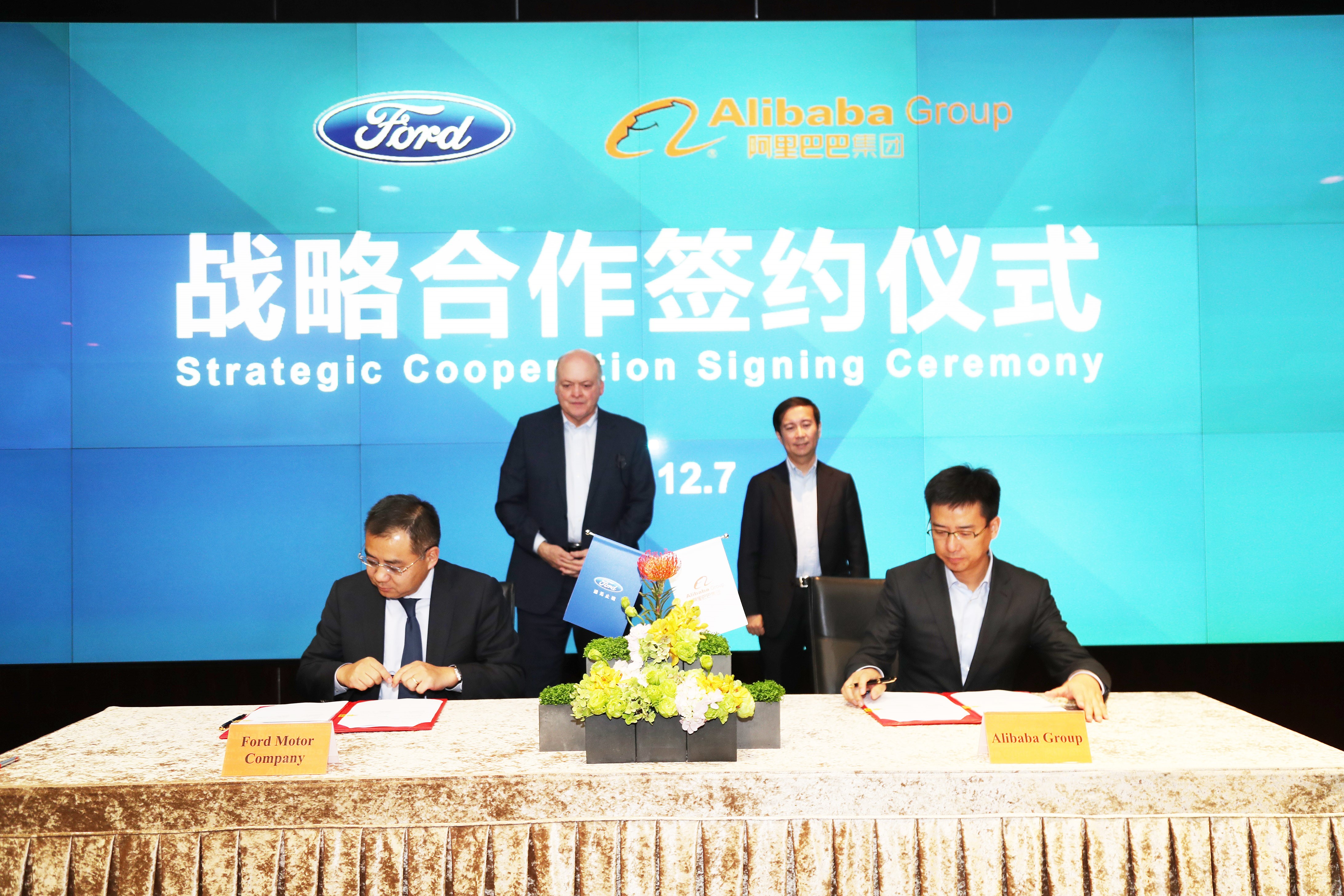
“Alibaba is excited to redefine the buyer journey and user experience for automobiles together with Ford Motors,” said Alibaba Team Chief Executive Officer Daniel Zhang. “Our data-driven technology and platform will expand the definition of car possession beyond just having a mode of transportation and into a new medium for smart lifestyle.” In the initial phase, Ford and Alibaba will investigate a pilot study on digital alternatives for new retail options at various stages of the automotive possession cycle, from pre-sales and test drives to leasing options.
By leveraging both parties’ regions of expertise, both companies are investigating ways that mobility technology could redefine online retail marketing, distribution strategies, cloud connectivity and infotainment solutions.
Alibaba will gain from Ford’s automotive leadership of running complex global operations, with more than 100 years legacy of developing, manufacturing and selling automobiles globally, and rich experience of providing dependable service through the established global dealer networks. Meanwhile, Ford can also leverage the wide spectrum of Alibaba’s resources including new retail expert services, Internet of Things solutions, cloud computing and data technologies to transform motor vehicle possession in the new retail era.
About Ford Motor Organization

Ford Motor Organization is a global automotive and mobility corporation based in Dearborn, Michigan. With about 203,000 employees and 62 plants worldwide, the company’s core business includes designing, manufacturing, promoting and servicing a full line of Ford cars, trucks and SUVs, in addition as Lincoln luxury automobiles. To expand its business model, Ford is aggressively pursuing emerging opportunities with investments in electrification, autonomy and mobility. Ford provides financial services through Ford Motor Credit Company. For more information regarding Ford and its products
and services, please visit www.corporate.ford.com.
Ford’s wholly owned subsidiaries, joint ventures and investment in China include Ford Motor (China) Limited, Ford Motor Research & Engineering (Nanjing) Co., Ltd., Ford Automotive Finance (China) Ltd., Changan Ford Automobile Co., Ltd., Changan Ford Mazda Engine Co., Ltd., Jiangling Motors Co.,
Ltd., and Zotye Ford Automobile Co. Ltd. Subject to regulatory approval, Zotye Ford will produce small all-electric motor vehicles under a new indigenous brand Ford would work with Alibaba’s four business units encompassing the latter’s operating system AliOS, Alibaba Cloud, digital marketing system Alibama, and retail platform Tmall, the companies said in a statement Thursday. Both teams would jointly work on various focus spots, including mobility providers, connectivity, artificial intelligence (AI), and electronic internet marketing.

For a start, the two partners would explore a pilot study to assess new retail chances across the automotive ownership cycle, from pre-sales and test drives to financial leasing options. The aim was to “redefine” distribution strategies, cloud connectivity, online retail internet marketing too as infotainment solutions.
Ford President and CEO Jim Hackett said: “China is one of the world’s largest and most dynamic electronic markets, thriving on innovation with customers’ online and offline ordeals converging rapidly. Collaborating with leading technology players builds on our vision for smart automobiles in a smart world to reimaging and revolutionize consumers’ mobility activities.”
Developed to support mobile, industry, and Internet of Things (IoT) devices, Alibaba’s AliOS currently is installed in more than 400,000 web-connected cars in China. The company in 2016 had inked a partnership with Chinese automaker SAIC Motor to develop the internet-enabled cars.
Alibaba added that it currently was working with more than 50 brands on applications across different domains, including automomotive OS, intelligent speech recognition, driverless-car technology, high-precision mapping, auto financing, and in-vehicle payment systems. The initiative would enable passengers use their voice to tell kiosks at metro stations their destination and have the machines recommend the best route. They then could pay for their tickets with Alibaba’s mobile wallet, Alipay.
The passenger was within proximity to it
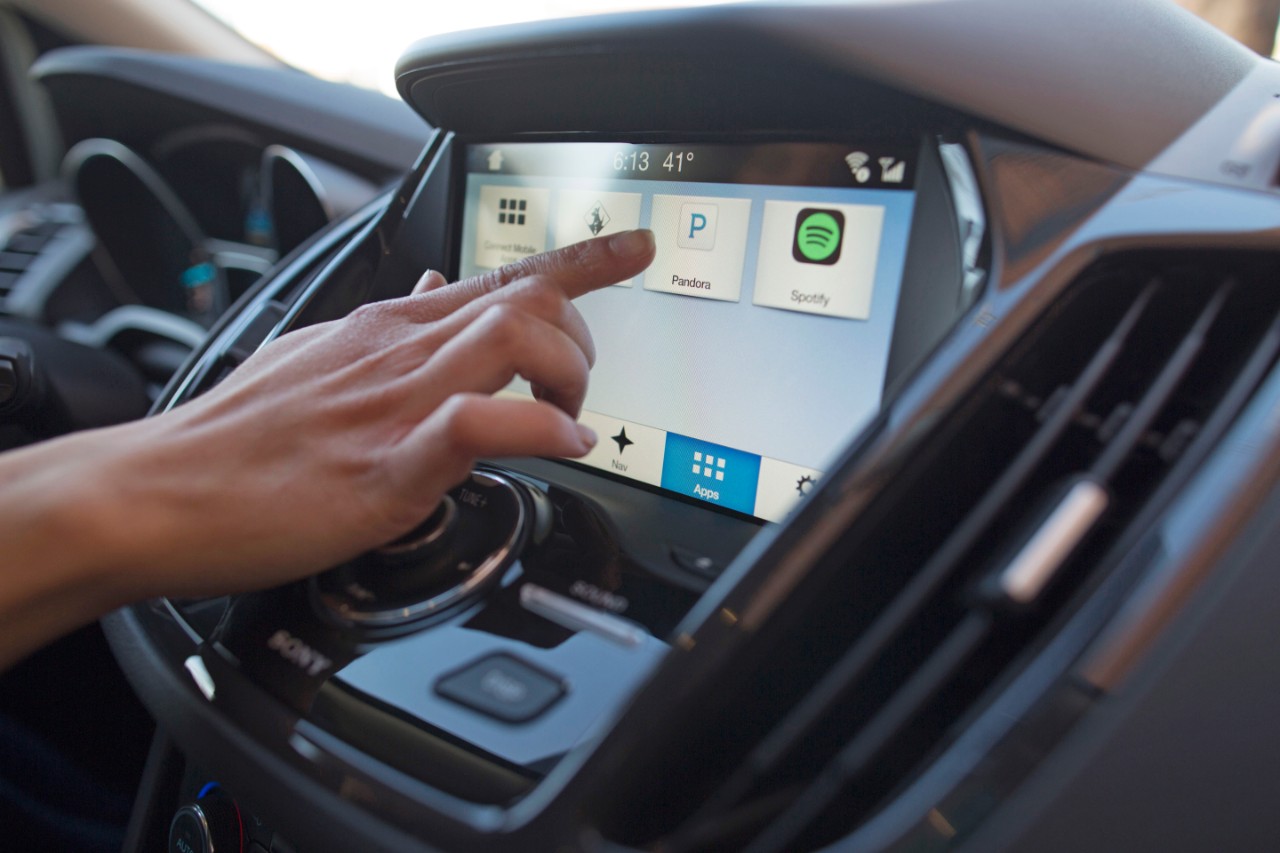
Based on technology built by the Chinese vendor’s subsidiary, Institute of Data and Science Technology (iDST), the far-field voice recognition system was touted to reduce noise interference in crowded public settings such as metro stations to accurately interpret instructions.
iDST’s director of intelligent speech recognition, Yan Zhijie, explained that it was able to achieve this by integrating signal processing and computer vision systems, and detect sound sources. He said passengers would not have to use any special words to activate the kiosk, “even from two meters away”.
The partnership also would enable Shanghai Metro to analyse passenger traffic data to predict surges, so it could deploy crowd control measures or emergency scheduling to cope with the traffic increase.
If you liked this article you might like

